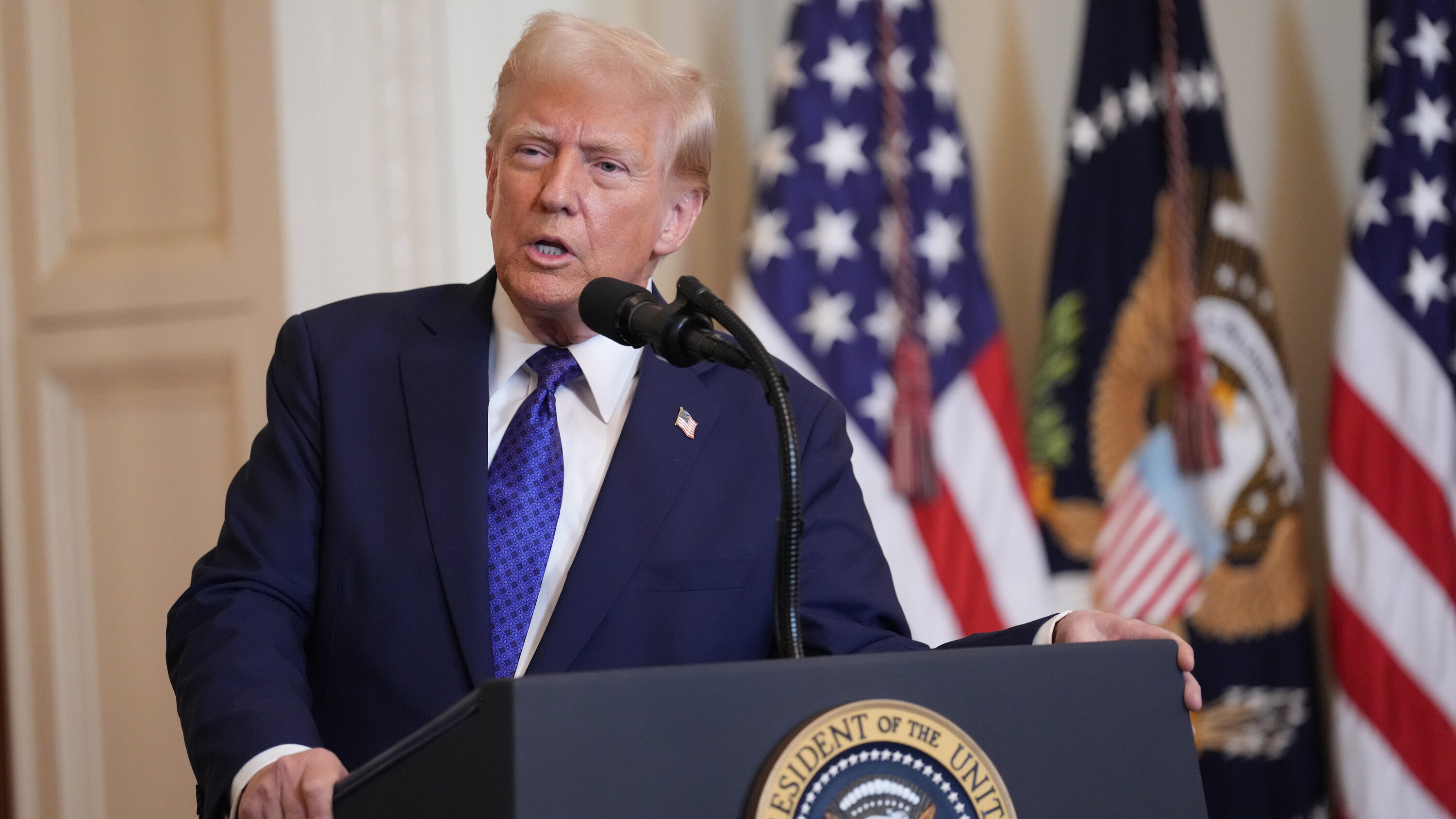Indian Refineries Cease Russian Oil Imports Amid Trump"s 100% Tariff Threat
In a significant shift in the global oil market, India"s state-owned oil refineries have halted all imports of Russian oil following a stern warning from US President Donald Trump, who threatened to impose 100% tariffs on countries collaborating with Russia. This suspension, which began earlier this week, marks a pivotal moment for India"s energy sector, as refineries scramble to secure alternative supplies amidst escalating geopolitical tensions.
Background & Context
The decision to cease Russian oil imports comes at a time of heightened scrutiny on global energy transactions and the geopolitical landscape. India"s state-owned oil companies, including Indian Oil Corporation (IOC), Hindustan Petroleum, Bharat Petroleum, and Mangalore Refinery and Petrochemicals, have all responded to the potential economic repercussions of continued dealings with Russia. As the largest oil company in India, IOC operates 10 of the country"s 20 refineries and boasts an impressive annual capacity of 60 million tons. The cessation of Russian oil imports not only reflects India"s compliance with international pressures but also underscores the complex balancing act the nation must perform in its foreign relations.
Key Developments
According to industry sources, the suspension of Russian oil imports is already having a ripple effect throughout the market. Private refineries, such as Reliance Industries and Nayara Energy, which have been significant buyers of Russian crude, are now facing challenges in sourcing alternative supplies. Nayara Energy, in particular, is reportedly grappling with the European Union"s 18th sanctions package, which complicates its procurement strategies. As a result, Indian refineries are increasingly turning to the spot market, seeking crude oil from OPEC nations in the Middle East and West Africa to fill the void left by the cessation of Russian imports.
Industry experts suggest that the abrupt halt in Russian oil purchases could lead to fluctuations in domestic fuel prices, as Indian refineries adjust to new supply chains and potential increases in procurement costs. The urgency to find new suppliers is compounded by the fact that Russia has historically been a key player in India’s energy landscape, providing a substantial portion of its crude oil imports.
\n\n
Image for Indian Refineries Cease Russian Oil Imports Amid Trump"s 100% Tariff Threat
Broader Impact
The implications of this decision extend beyond India"s borders, reflecting a broader trend of nations reevaluating their energy partnerships in light of geopolitical pressures. While India seeks to diversify its energy sources, countries like China have taken a different approach, increasing their imports of Russian oil despite U.S. demands to limit such transactions. This contrasting response highlights the complexities of international energy diplomacy and the varying degrees of compliance with U.S. sanctions among different nations. For further context on these developments, see our related coverage.
Moreover, the situation in Ukraine and ongoing conflicts in the region continue to shape global energy dynamics. As nations navigate their energy dependencies, the intersection of foreign policy and energy security becomes increasingly critical. The suspension of Russian oil imports by India could potentially shift the balance of power in the global oil market, influencing pricing and availability in ways that may not yet be fully understood.
What"s Next
Looking ahead, the immediate focus for Indian refineries will be on establishing new supply chains that can mitigate the impact of the halt in Russian oil imports. Industry analysts predict that the search for alternative sources may lead to increased competition among oil-producing nations, driving prices up in the short term. Additionally, the ongoing negotiations and sanctions related to Russia are likely to evolve, with potential ramifications for global oil markets and diplomatic relations.
As the situation unfolds, stakeholders in the energy sector will be closely monitoring developments, particularly in relation to U.S. policy shifts and international responses to sanctions. The evolving landscape underscores the need for strategic planning within India"s energy sector, as companies work to navigate the complexities of compliance while ensuring energy security for the nation.

Image for Indian Refineries Cease Russian Oil Imports Amid Trump"s 100% Tariff Threat


![[Video] Heavy clashes and gunfire reported in Baghdad, Iraq](/_next/image?url=%2Fapi%2Fimage%2Fthumbnails%2Fthumbnail-1768342239932-848qsh-thumbnail.jpg&w=3840&q=75)




![[Video] Gunfire between Iraqi security forces and Sadr militias in Baghdad](/_next/image?url=%2Fapi%2Fimage%2Fthumbnails%2Fthumbnail-1768343508874-4redb-thumbnail.jpg&w=3840&q=75)
